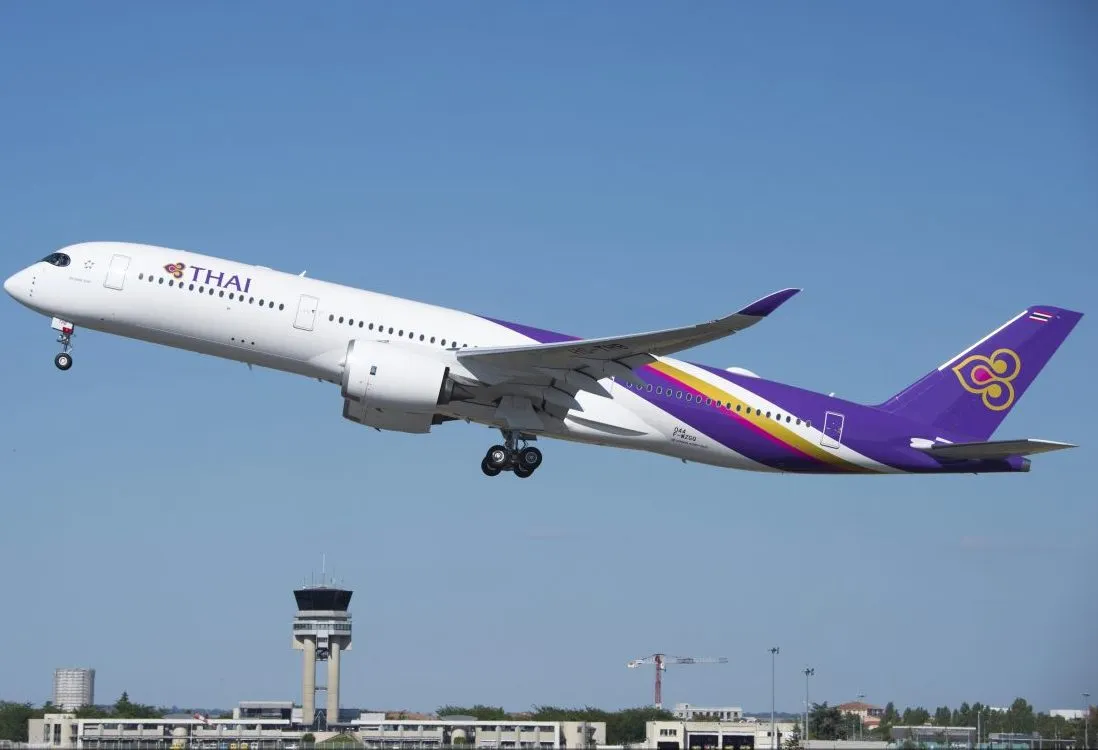Hotel Operators Face Thorny Choices for 2023 Budgeting
Skift Take

Early Check-In
Editor’s Note: Skift Senior Hospitality Editor Sean O’Neill brings readers exclusive reporting and insights into hotel deals and development, and how those trends are making an impact across the travel industry.Hoteliers are now in the middle of 2023 budgeting. It's a tricky task given the uncertain forecasts.
- A pre-pandemic surge in demand seems to have tremendous momentum.
- But people in many markets are talking about recessions.
- So... how to plan?
For insight, I checked in with Andrea Grigg, who leads the global asset management practice at JLL's Hotels & Hospitality Group, which manages about 90 hotel assets worth more than $6.8 billion.
Here are some key 2023 insights from Grigg.
- It's sensible for hoteliers to be cautiously optimistic.
- A key task is to take a savvier, more integrated approach to ancillary sales, such as at a hotel's restaurant or spa.
- Too many hotels want to return to 2019 levels of staffing. She doesn't think that's desirable.
- Too many hotels don't set aside money for inevitable renovation work.
Overall, optimism about 2023 seems sensible.
- "Overall, we've had very positive conversations about next year with hotel operators all over the world," Grigg said. "In the past few weeks, we've had budget reviews in New York, San Francisco, London, Mexico, Chile, and so on."
- "Across the board, sentiment is very positive from a top-line and demand perspective."
- Of course, you should have a Plan B if things go wrong.
- "If all the clouds on the horizon come together and make a storm, your team needs to be able to adapt," Grigg said.
- She notes that hotels can respond well by flexing up and down in rate and operational costs.
The coming months are a golden moment for many full-service hoteliers.
- Guests have recently been patronizing bars and restaurants at full-service hotels in higher numbers than usual.
- "As an asset manager, as you see your ancillary revenue increasing, I would increase the budgetary allowance for refreshing and repositioning the F&B [food and beverage] outlets," Grigg said. "That will pay off if you have the right initiatives on property."
To regain 2019 levels of profit, hoteliers will have to get better at upselling and cross-selling customers. That way, they can layer in more high-margin revenue on top of the basic room.
- "The strategy with ancillary sales needs to be integrated," Grigg said. "It's not, 'Let's capture a guest to go to the spa,' and then treat the spa treatment as just a one-off. We need to change this mentality and see the spa, for example, as its own business unit and set that unit up for success."
- "When you have the right elements together, you shouldn't have to sell guests that hard," Grigg said. "Make sure your restaurant or spa has the right programming, and your guests understand what they offer."
- Grigg said London House Chicago is a good example of a property that's effectively boosted its ancillary sales.
- "That's a manager that has used creative programming, extraordinary PR, and high-quality service execution to make their rooftop the one place you must visit while in Chicago," Grigg said. "What they've done for selling their space for proposals and weddings has been incredible."
- "It's not easy to do," Grigg said. "It requires very open, purposeful, and intentional management."
Hoteliers should keep labor costs in check.
- On the one hand, hotels need to hire top talent for key positions.
- On the other, it may not be wise to try to return to full 2019 levels of staffing.
- "When we look at 2023, a lot of hotels are thinking they'll fill all of the vacant positions in management," Grigg said.
- She thinks that's misguided.
- "An important message to hotel business leaders is that we need to rethink the FTE [full-time employee] counts in hotels," Grigg said. "Because, with the wage pressures we've seen, increases in ADR [average daily rate] will not be sufficient to return to 2019 profitability levels."
- "We need a savvier use of technology, and hotel management companies need to revise their brand standards to make it possible to reduce headcount," Grigg said.
Hotels that reduced capital expenditures on physical upkeep during the pandemic need to increase spending in 2023.
- JLL sees a lot of new construction and refurbishment of higher-end inventory in Western Europe and some other markets. That trend will boost competitive pressure on other properties in need of a refresh.
- After the tough pandemic and during rising inflation, it can be hard to stick with good practices.
- "One of the key components of the 2023 budget is how you allocate your FF&E [Furniture, Fittings, and Equipment] reserves," Grigg said. "I see so many hotels spend their entire reserves every year. You must be disciplined about setting aside a portion of your reserves annually toward a future renovation."
- Yet capital expenditure should continue to include improvements that will increase operational efficiency. These ought to include preventative maintenance but also things like using automation to replace tasks that require repeatable, manual labor, where cost-effective.
- Even if inflation drives up costs, you can always do a "light, soft-goods renovation" to brighten spaces and remove wear and tear while waiting for the renovation, Grigg said.
JLL Hotels and Hospitality will this week release its second annual Global Asset Management Report, offering additional advice and data points for hoteliers.
I always read tips and feedback. Contact me at so@skift.com or via my LinkedIn profile.





